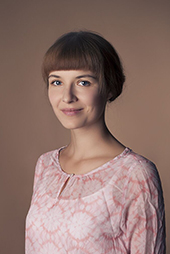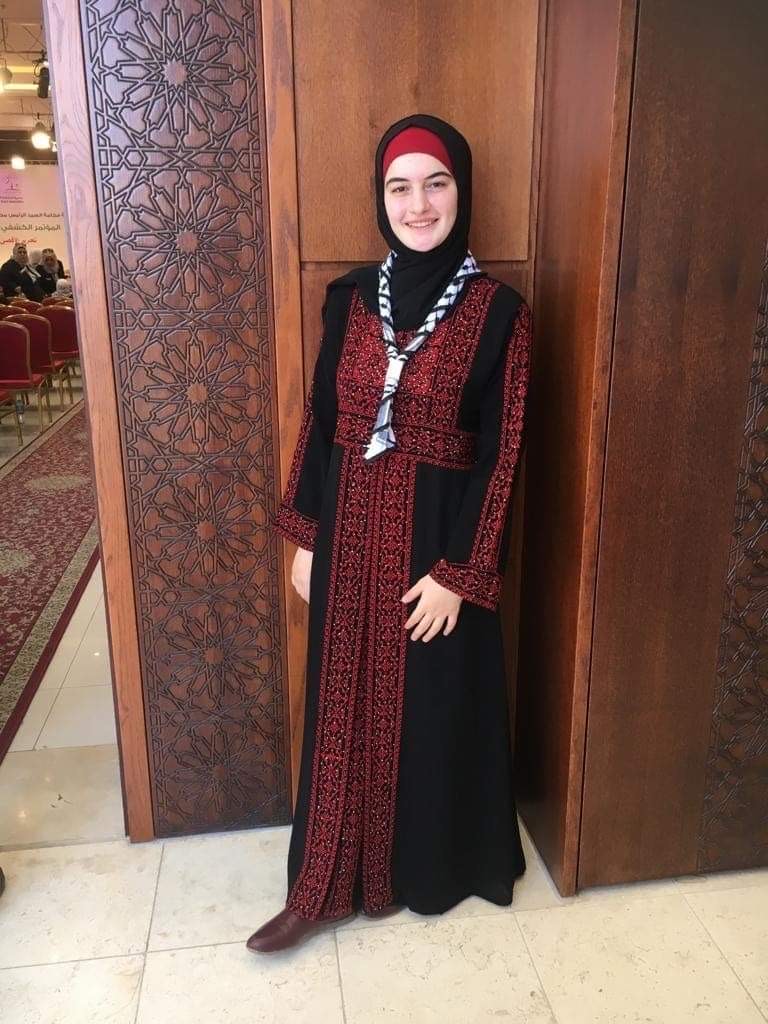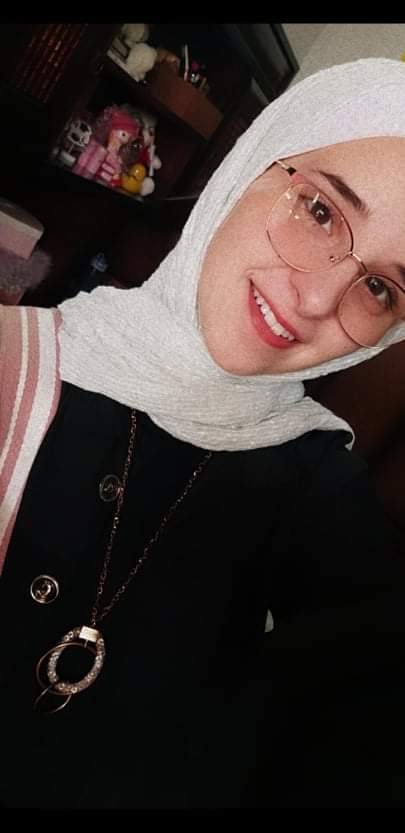Kristina is a coordinator and teacher trainer at ProfiLehre within the Centre for Innovation in Teaching and Learning at the University of Wuerzburg in the German state of Bavaria. She participated in an Erasmus+ Training to Develop Transnational Virtual Exchange Projects (TEPs) and is now developing her own. Kristina is also advocating for the recognition of Virtual Exchange at her university.
“I’ve been immersing myself in the world of Virtual Exchange (VE) for the past 18 months”, says Kristina, “and I’m currently running a series of seminars and coaching workshops on the topic of the internationalisation of teaching and learning.”
The Seminars are an integral part of a larger qualification programme for university teachers. The certificates the University of Wuerzburg issues for participating and implementing a VE programme are being recognised across Bavaria.
What was the initial appeal for Kristina to involve herself in VE?
“VE offers a meaningful and authentic setting for reflection and discussion on different approaches to teaching in an international setting.”
Kristina explains that she is influenced by ‘constructivism’ and says that VE offers exactly this.
“All teachers carry around uncontested assumptions about teaching and learning and VE offers the opportunity to question those blind spots we all have. It provides a very rich terrain in which to explore within a university context.”
Her enthusiasm for VE has led to her to spreading the word as far and wide as she can.
“The first step was to take up as many Transnational Erasmus+ Virtual Exchange Projects (TEP) opportunities as possible and integrate them into our certification programme. Ultimately, my hope is to contribute to mainstreaming VE at my university. This means that we’re trying to provide VE training opportunities to teachers across all disciplines. It’s a slow process but I can see that it is gaining traction and interest is growing”.
A broader structure and policies regarding VE and the establishment of pedagogical and technological support for teachers is required in order to reach the full potential of VE. Although the initiative is at a local level for now, Kristina hopes that mainstreaming VE and issuing certificates and credits relating to its use may one day filter across Bavaria.
“I would like to mainstream it and make it a normal part of the learning process, which is ambitious, I know, but that’s what I’d like.”
Kristina is working on her very own TEP addressing university teachers. It revolves around subjective and culturally informed theories of teaching and learning, using VE as a meaningful complement to training opportunities that already exist.
“I would love to realise this, but I am looking for a partner at the moment, so if anyone is interested please get in touch: profilehre@uni-wuerzburg.de”



